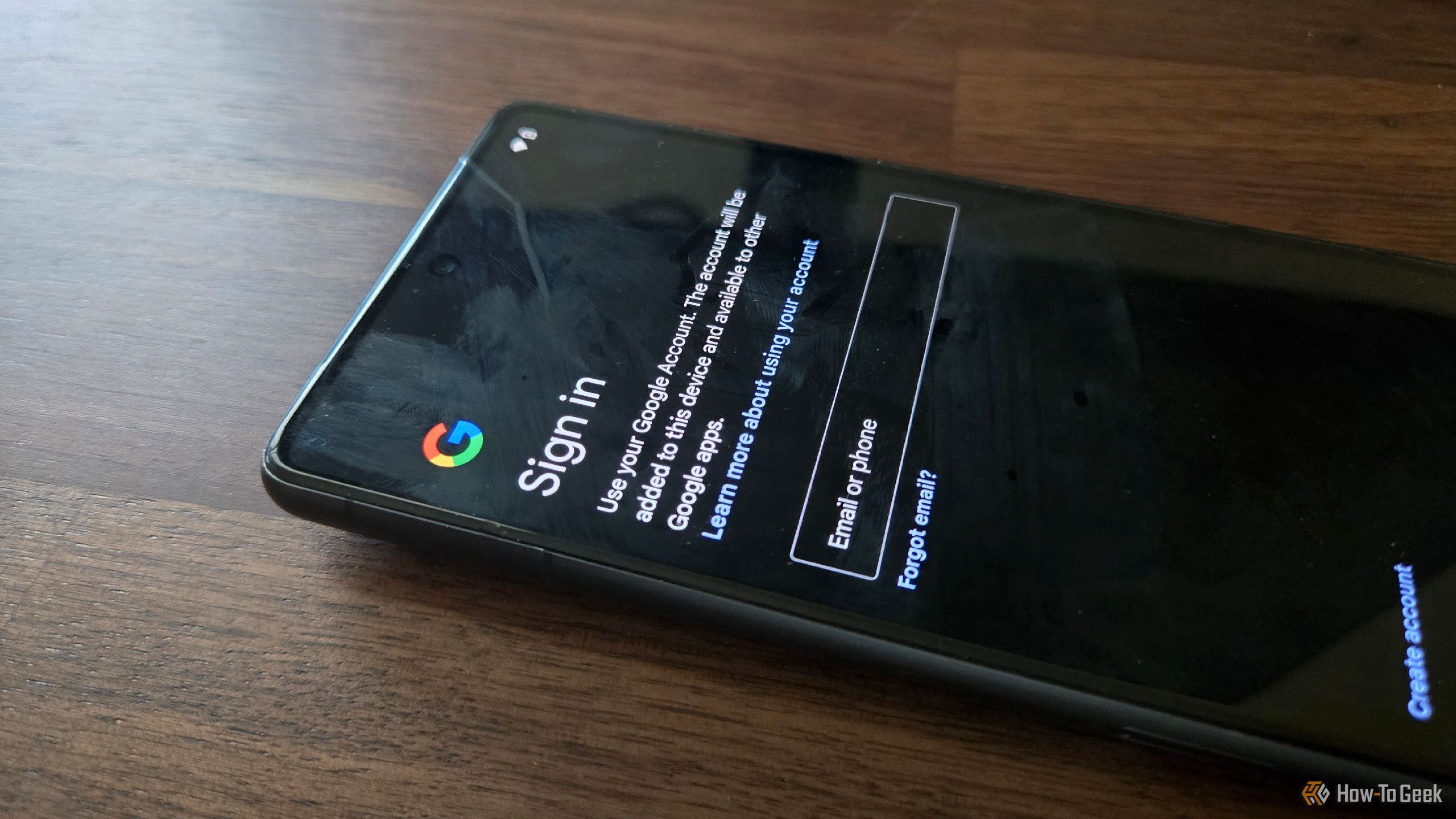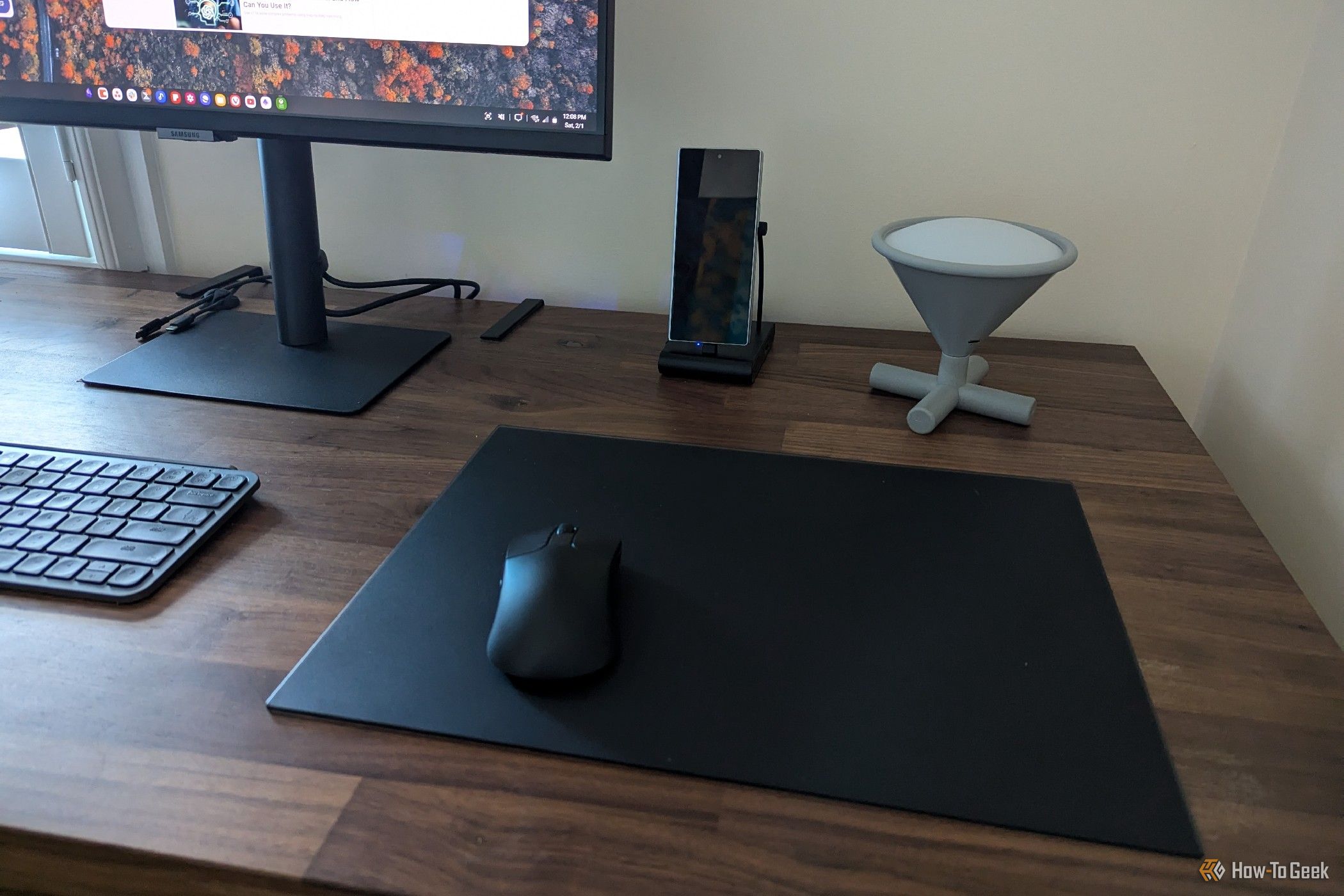I love Android, but I don’t feel the same way about Google as a company, Google’s apps, or Google services. I know I’m swimming against the tide here, but hear me out. I can’t be alone.
Like Many, Google Has Lost My Trust
I used to be rather fond of Google. The company was exciting and had a motto of “Do No Evil.” As someone who didn’t have a bunch of cash at the time, I liked that Google’s services were available for free. Unlike Apple products, being able to use Google stuff was not a marker of how much money your parents had.
I especially valued that, in those days, Google was enthusiastically creating open source software. Google made Chromium and shared it with the world. Google may not have created Android, but it would serve as the platform’s primary developer. I couldn’t wait to get my hands on this open-source phone operating system.
That made it all the more painful when I got a better understanding of Google’s business model. All of these services could be free because the company wanted to learn as much about its “users” (rather than customers) as possible in order to sell them ever more personal ads. You didn’t need money to use Google’s services—instead, you needed money to afford alternatives that wouldn’t mine your personal data. Privacy had become a luxury good.
In the years sense, Google has changed what software it open sources. The Android platform continues to be freely shared, but the apps on top have been locked down. Android’s baked-in Camera, Email, and Gallery have been replaced with the likes of Google Camera, Gmail, and Google Photos. Here, count the few non-Google apps that ship on Android on a Pixel 7. There aren’t many.
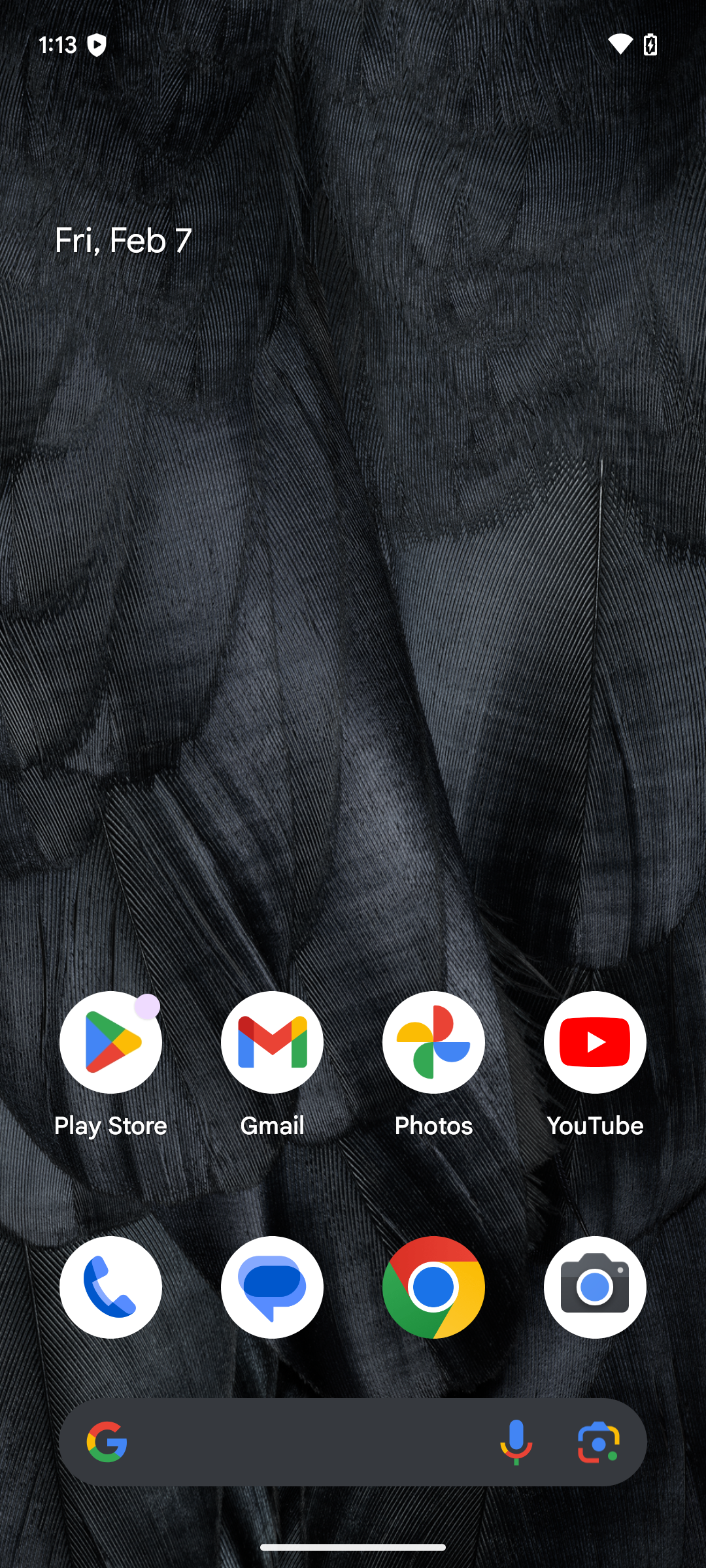
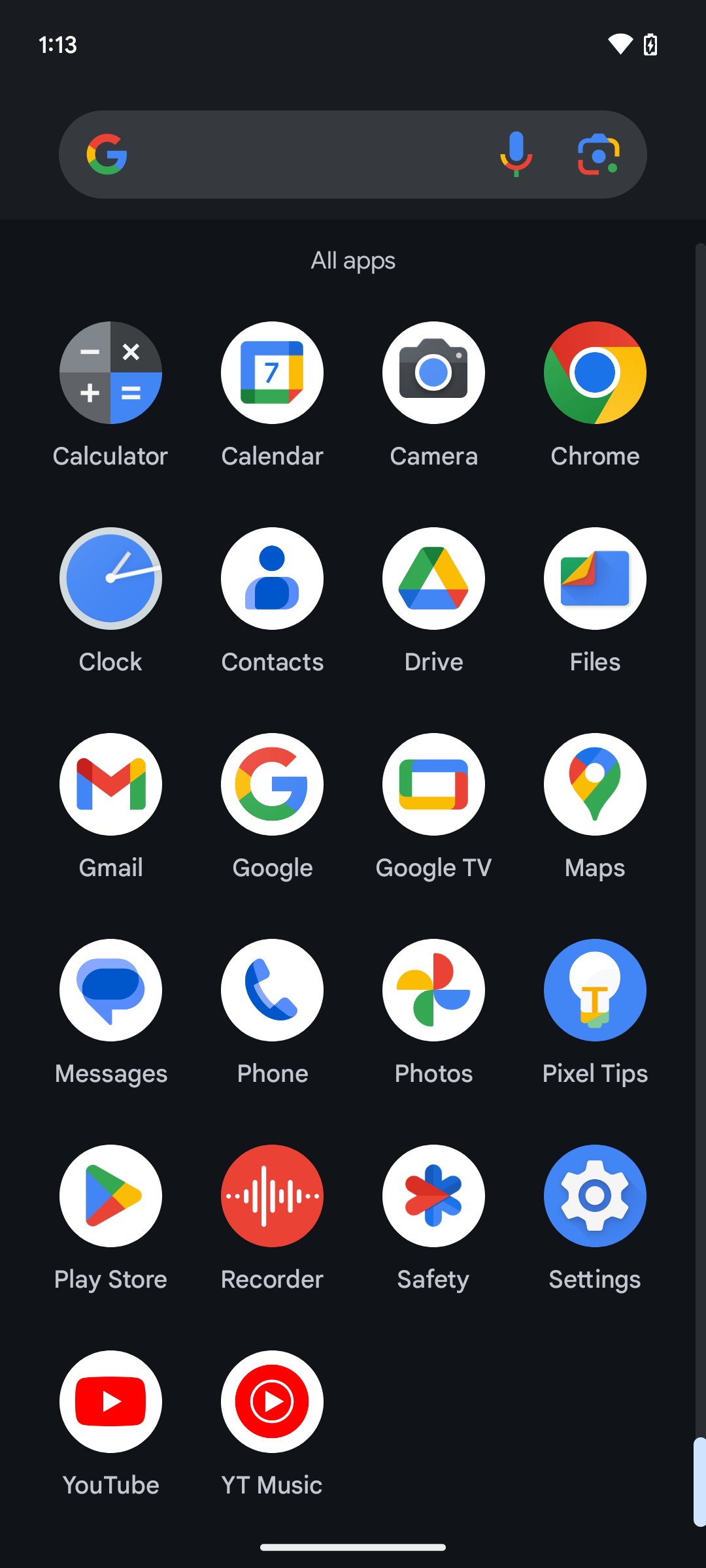
Increasingly, when Google demos something exciting, that software is not only proprietary, but its ultimate purpose is to funnel more data toward Google.
I Don’t Think Google Apps Are All That Good
This is an uncommon opinion among those of us who love Android, especially those of us who make a living covering its developments. That doesn’t change the fact that I’ve felt this way for a long time.
I want to focus on Google’s Android apps, not its web services, but these two are increasingly the same. Many Google apps don’t work without an account. Even among those who do, using Gmail, Google Calendar, or Google Photos without signing in just feels weird. They’re clearly intended to tie in to a web service that shares the same branding and visual identity.
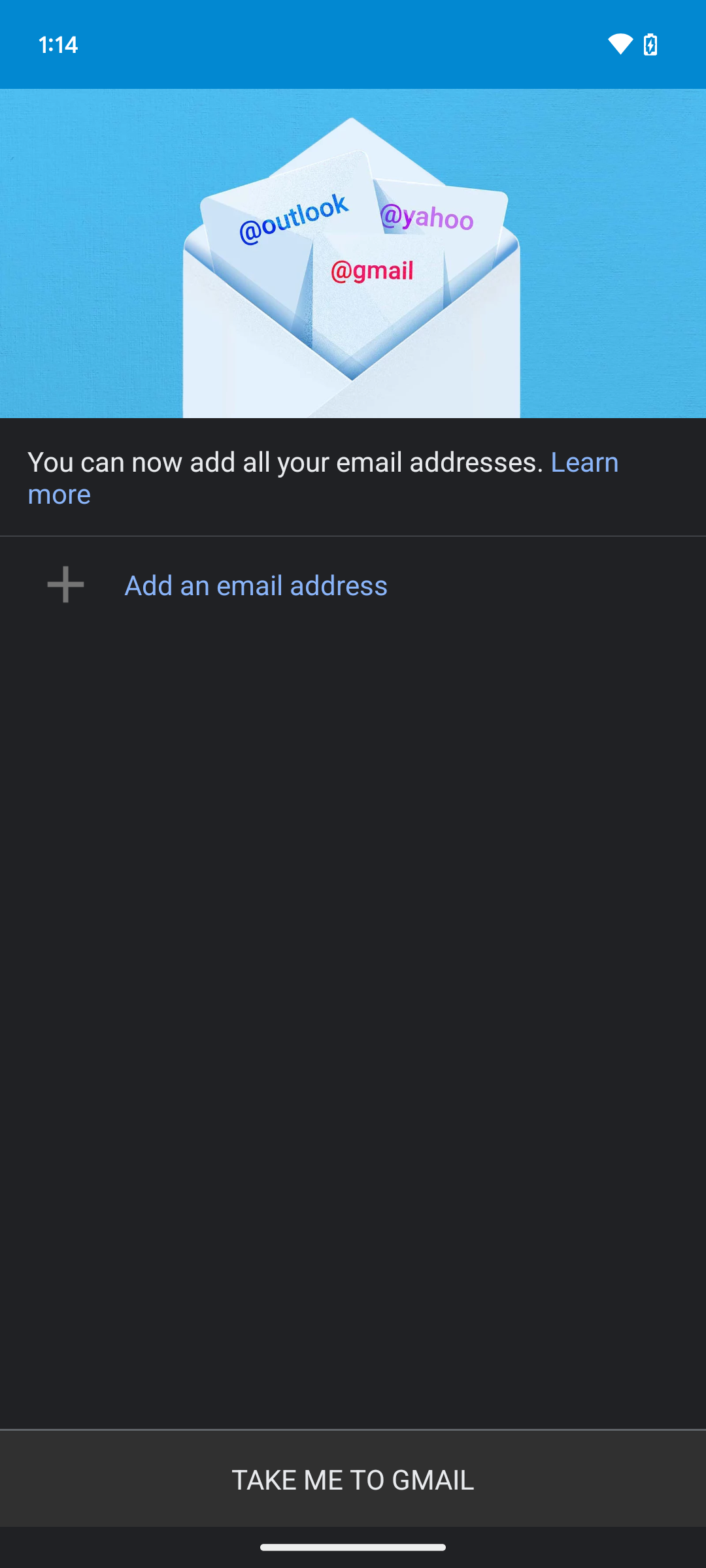
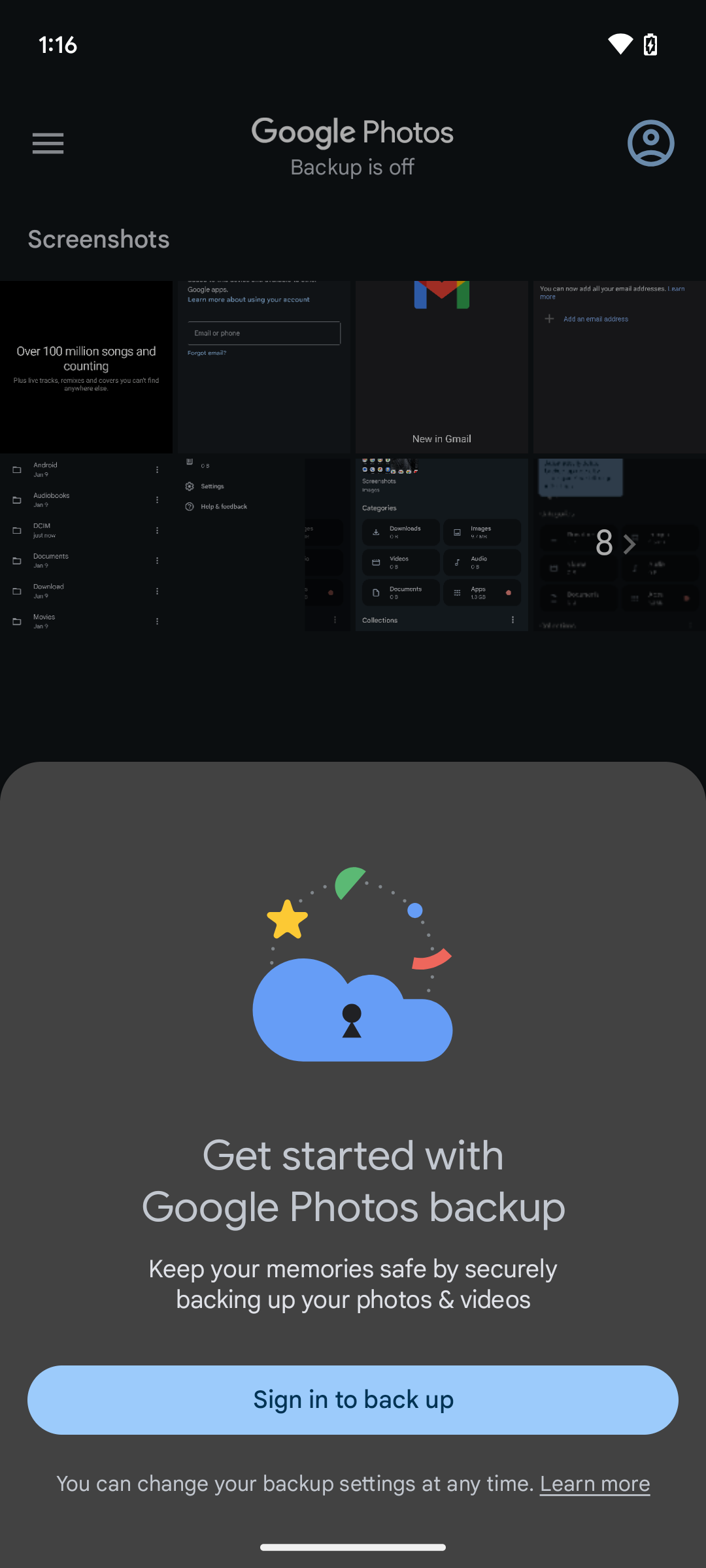
The Google apps I use these days are few. Google Maps is fine enough, though it annoys me with how often it wants to change my route without waiting for me to confirm. There’s YouTube, and it’s also fine, though the music version is worse. We pay for YouTube Premium, and yet my wife still opts to also pay for Spotify rather than put up with YouTube Music (as for me, I prefer to purchase MP3s). Even the Play Store could be so much better than it is.
I don’t want to list out every app, but on my Samsung Galaxy Z Fold 6, I find Samsung Notes superior to Google Keep in both looks and function, and I feel similarly about Samsung and Google’s respective camera apps. The Files By Google file manager offers only a fraction of the features available to me in Samsung My Files. Google Messages may be more secure than Samsung Messages, but it’s such a paired down alternative. As someone who loathed Galaxy phones for so long, I was shocked to discover in the past year how much more I prefer Samsung’s apps over Google’s. As for those stock Android apps I once wished Samsung would use instead? Those have been absorbed into other apps, some maintained only by volunteers, if they exist at all.
Google and I Want Different Things
I want great software for my phone. Google wants data funneled to online services. In Google’s ideal world, every character we type—be that what we enter in to a search bar to launch apps or search the web, the messages we send in Gmail, what we watch on YouTube, or the places we go in Maps—gets logged onto a Google server.
I get the appeal of doing everything in the cloud. Earlier in my career, I bought the original Chromebook Pixel, which I still feel is the single best-looking laptop I ever owned. Yet even if I set aside concerns about privacy, when push came to shove, I preferred working with data saved directly to my device’s internal storage.
Internet connections aren’t always available. Servers sometimes go down for maintenance or suffer from cyberattacks. Cloud storage requires a recurring subscription. It’s hard to move data from one site to another when it’s even possible at all. Every file I interact with is subject to someone’s terms of service.
I just want good apps for my phone. I’m not interested in yet another service, and I felt that way before Google started calling itself a Gemini company.
I Question Google’s Judgment
To be clear, virtually every tech company is trying to pitch itself as an AI company these days. Still, Google hasn’t shown itself to be the most responsible or even cautious creator of AI tools.
When the Pixel 9 series launched, the inclusion of Pixel Studio kicked off a wave of headlines and concerns about the easy ability to generate believable but fake images across social media. While Samsung let you sketch doodles into AI creations and Apple would later let you smash various source components together into something new, Google threw caution to the wind by offering to create an image of whatever you could merely type, with few (and easily circumvented) safeguards.
After spending time with Pixel Studio, I wouldn’t even say it was all that good at what it does. Most of what it generated looked unsettling in a way that still haunts me. I miss the days when Google was instead showing off how much you could do with image editing tools like Snapseed rather than generating pictures of deformed keys and laptops with no screen.
Sadly, as a company with a business model that can actually capitalize on its AI chatbot (as the New York Times reported, OpenAI is losing billions of dollars as it grows bigger), there’s a good chance Gemini will be the one left standing in the end. Google has the incentive to double down on seeing how far it can go with generative AI.
More Android, Less Google
Considering all the energy that data centers require, I would rather companies focus on making on-device software better. Every time we offload simple tasks to the cloud, we expend far more energy doing something our phones can often do themselves.
It’s Android’s capabilities that attracted me to these phones in the first place, not their cloud integrations. I enjoy the modifiable interface and the freedom anyone has to use this code to create phenomenally experimental devices. I like the flexibility of the apps themselves. I’m typing these words using Samsung Notes on an external monitor, and if I undock my Z Fold 6, I can continue working directly on my phone (which also unfolds into a small tablet). That’s a freedom that currently only Android provides.
I like that when a company like XReal wants to make an interface for XR glasses, it makes sense to just use Android. Yet when I tried out the XReal Beam Pro for MakeUseOf, this was a device I felt was cheapened by the inclusion of so much Google bloatware that wasn’t a natural fit for the form factor.
I’m hoping Android XR becomes the standard for AR headsets. Still, I’m nervous the experience will be ruined by Google focusing most developer energy on Gemini integration rather than making the most intuitive, bug-free way to control an AR interface. Gemini, after all, received more focus in Google’s Android XR video than any Android feature did.
I miss the days when Google I/O was a time to show off what new capabilities Android could do. After all, Android still has so far it could go. Android’s app ecosystem still isn’t as fleshed out as Apple’s. There’s still a lack of strong tablet-oriented apps. Now that phones have PC-class processing power in CPUs like the Snapdragon 8 Elite, Android could have professional-level software to take advantage of it. Not everyone is able to do their jobs using basic note-taking apps and web browsers like I am.
I appreciate all the time and effort Google employees continue to spend on making Android better. As for all the Google apps that Android device makers are forced to bundle in exchange for Play Store access, well, I would be happy if those were optional downloads instead.


